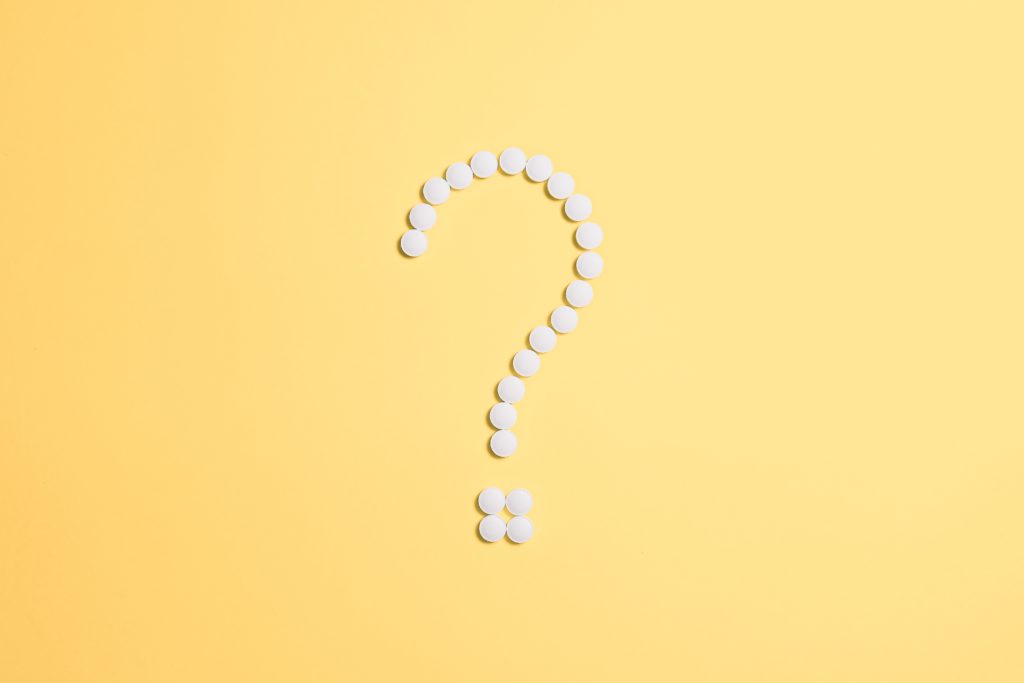Finding the Best Medication for Depression
Diagnosing depression can be very difficult. It is even more difficult to find the best medication for depression. Patients who also suffer from heart or liver disease may not be able to use antidepressants safely. For some, the side effects of using medication for depression may be extreme. They may have no effective way to treat the condition.
Things to Note When Using Antidepressants
Depression is treated using antidepressants along with psychotherapy. Your doctor will help you to find the best depressant depending on your needs. They may adjust the drugs and the dose until they find what works.
In your quest for finding the best medication for depression, it is important to note that according to a study funded by the National Institutes of Health, less than half of those who use antidepressants go into remission in their first course. It is, therefore, wise to exercise some patience.
Do not expect the antidepressants that worked for other people to have the same effect on you. You may need to try out a few of them. You may need to use more than one medication.
Best Medication for Depression
Selective Serotine Reuptake Inhibitors (SSRIs) are a common type of depressant. The medications in this class include; escitalopram (Lexapro), citalopram (Celexa), paroxetine (Paxil, Pexeva), sertraline (Zoloft), and fluoxetine (Prozac, Sarafem).
Tricyclic Antidepressants (TCAs) are among the first medications ever used to treat depression. The medications in this class include; protriptyline (Vivactil), nortriptyline (Aventyl, desipramine (Norpramin), and mitriptyline (Elavil),
Serotonin and Norepinephrine Reuptake Inhibitors (SNRIs) are modern types of antidepressants. The medications in this class include; venlafaxine (Effexor), levomilnacipran (Fetzima, and duloxetine (Cymbalta
Another class of medication that has been used to treat depression for a long time is Monoamine oxidase inhibitors (MAOIs). They work by blocking the enzyme monoamine oxidase and increasing brain chemicals that promote a sense of well-being. They promote the release of the chemicals serotonin, dopamine, and norepinephrine. Medications in this class include tranylcypromine (Parnate) and phenelzine (Nardil).
Mirtazapine (Remeron) works by increasing the levels of serotonin and norepinephrine. Trazodone (Desyrel) and Bupropion (Wellbutrin, Aplenzin) are also medications used to treat depression.
When used along with cognitive behavior therapy, the success rate of antidepressants is about 60% two months after you start taking the drugs. The symptoms may reduce by 50%. About 80% of people on antidepressants can stop taking them in a month.
Side Effects of Anti-Depressants
Antidepressants work by affecting the balance of certain hormones in the brain. Additionally, this means that they may have certain side effects. The side effects may vary from one person and one antidepressant to another.
The way that they affect you depends on your body’s reaction to the medication, genetic makeup, and your health conditions if any. Some side effects may last longer than others. It is wise to discuss the side effects with your doctor to help you find the best medication for depression with minimal side effects. The side effects include the following.
- Sexual problems (inability to have orgasms, lack of sexual desire, and erectile dysfunction)
- Fatigue
- Changes in appetite
- Change in sleeping patterns
- Blurred vision
- Irritability and agitation
- Constipation
- Anxiety
- Increased risk of suicidal thoughts especially among children and adolescents
The side effects of antidepressants may go beyond the physical. Additionally, patients may experience mental and emotional changes too. It is common to get worse while taking antidepressants before finally getting better.
The quest for finding the best medication for depression can be difficult. Your doctor considers the following factors
- The exact symptoms you have
- Pregnancy or breastfeeding.
- Other health conditions including ADHD and migraines
- Cost and health insurance coverage
- Possible side effects.
- How they worked for a close relative
- How the antidepressants interact with other medications
In Conclusion
Once you find the best medication for depression for your needs, be patient and maintain open communication with your doctor. Take the medication consistently according to the instructions of your doctor. Amazon.com products such as pills and depression supplements may be helpful.
